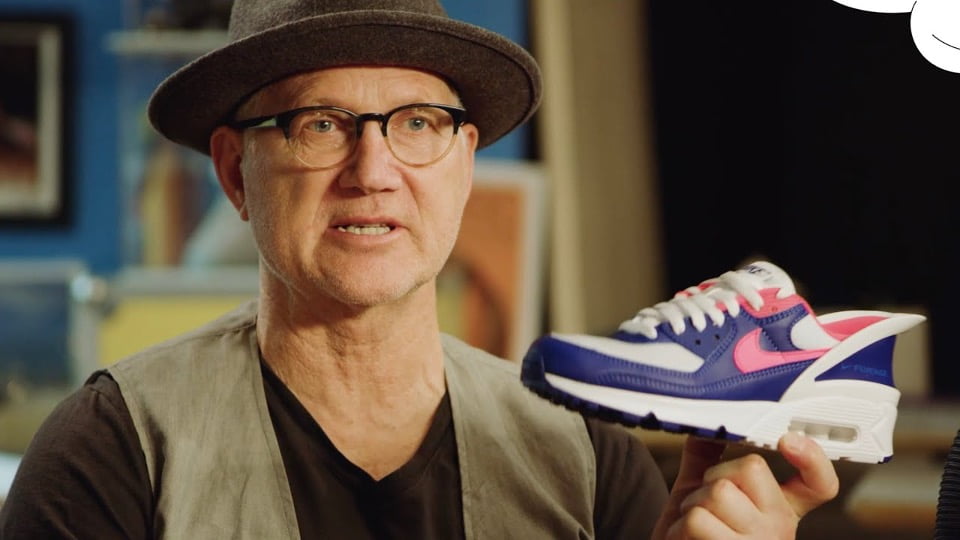xxx
Going against the grain
When Rita Levi-Montalcini’s beloved nanny died of stomach cancer, it sparked a determination in the young Italian woman: she wanted to become a doctor. Her father wasn’t thrilled by the idea. He believed the university would interfere with her future as a wife and mother, and urged her not to go.
But Rita had no interest in marriage or children, and nothing could discourage her. In 1930, she enrolled in medical school at the University of Turin as one of only seven women in her class. She graduated summa cum laude in 1936 and stayed at the university to work in a neurobiology lab.
Two years later, everything changed. Mussolini’s regime introduced antisemitic laws that stripped Jews of their civil rights, including the right to work. Levi-Montalcini was forced to leave her position. Yet, she refused to stop researching.
An improvised lab in het bedroom
Determined to continue her work, she set up a small lab in her bedroom. There, using basic equipment and a steady hand, she studied chicken embryos—an ideal model for observing nerve growth. It wasn’t easy. Wartime conditions made it difficult to get these embryos, and she often had to go to great lengths to get what she needed.
In 1943, when Germany invaded Italy, she fled with her family to Florence and lived under a false identity. She couldn’t continue her research, so she volunteered as a doctor for the wounded. After the war, she returned to her studies, and not long after, she moved to the U.S. to work at the University of Washington.
Her research transformed our understanding of the nervous system and contributed to advances in treating tumours, developmental disorders, and neurodegenerative diseases. In 1986, she was awarded the Nobel Prize in Medicine, becoming only the fourth woman ever to win in that category.
Patience
The experiments Levi-Montalcini carried out in her tiny bedroom laid the groundwork for her groundbreaking discoveries. Without her relentless drive, she never would have come this far. Despite the setbacks, she kept finding ways to move forward.
One of her greatest strengths was patience. She knew that meaningful progress doesn’t happen overnight. That sometimes, you have to take a longer route or go through uncertainty to arrive somewhere truly worthwhile. She understood that not every effort produces immediate results, and that’s okay.
Fast, faster, fastest
Today, patience can feel like a lost art. We get frustrated waiting five seconds at a red light. If a webpage doesn’t load instantly, we click away, and when someone takes too long to reply to a WhatsApp message, we send: “Hello? Still alive?”.
Life is moving faster and faster, and technology caters to our craving for speed. Everything is optimised for convenience, from submitting an insurance claim with one tap to crash courses that promise to teach you a new skill in a weekend. We chase shortcuts, life hacks, and quick wins.
It’s understandable. Quick solutions give us a small dopamine rush, which makes us feel good and accomplished. But the feeling fades, and soon we are hunting for the next quick fix.
The beauty of the long road
This obsession with speed doesn’t just affect our daily lives; it also creeps into our work. We gravitate toward tasks that promise immediate results or recognition. We stick to familiar paths and measurable outcomes, but rarely stray into uncertainty.
But it’s often in the detours, the slow and uncertain stretches, where creativity sparks and real solutions emerge. When we give up slow thinking and deep learning in favour of speed, we also give up resilience, innovation, and depth.
Patience is power
Levi-Montalcini’s journey wasn’t a straight line. She took the long road, again and again, not by choice, but by necessity. Yet those detours gave her new perspectives, and in the end, they led to breakthroughs.
Real learning and meaningful progress take time. They involve setbacks, plateaus, and moments when nothing seems to move. In today’s fast-paced world, we often mistake these periods as failures. But they are essential for meaningful progress.
As Levi-Montalcini once said: “Don’t fear difficulties, impossibilities, and failures: they are your stepping stones.”
This article was originally published in Dutch on MT/Sprout, the most popular business and management platform in the Netherlands.
don’t miss out!
get my columns straight into your mailbox:


